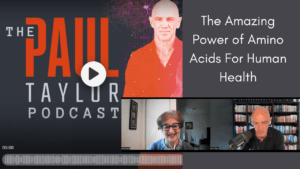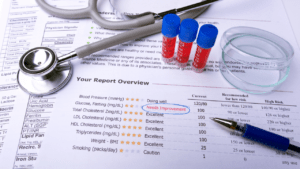Vanita Dahia
- Integrative Medicine Expert
- Pharmacist
- Naturopath
- Ayurvedic Clinician
- Clinical Nutritionist
- Herbalist
- By appointment Only
- +61 419 582 359
-
Empowered Health
15 Salisbury Avenue Blackburn,
Melbourne Victoria, Australia 3130 - vanita@vanitadahia.com
Copyright © Vanita Dahia 2014 – 2024 All rights reserved. Site Map





